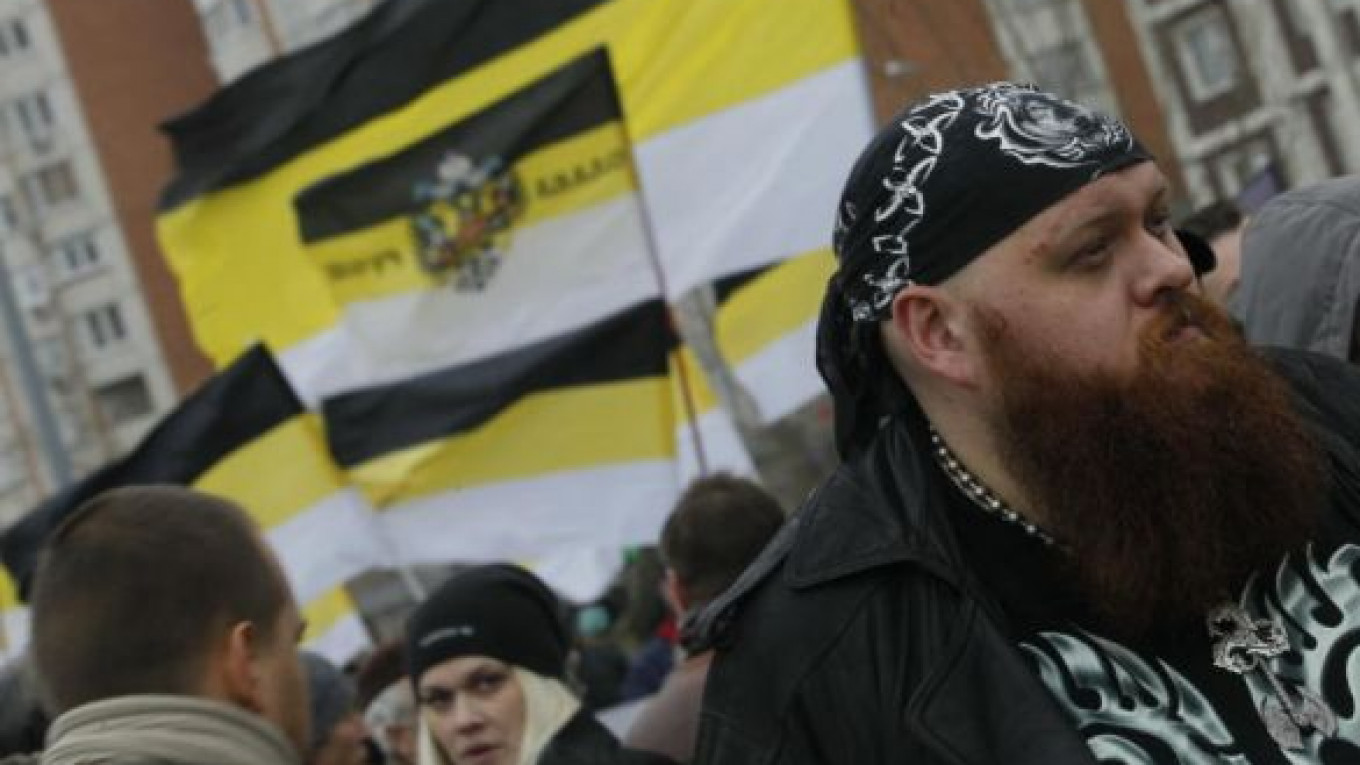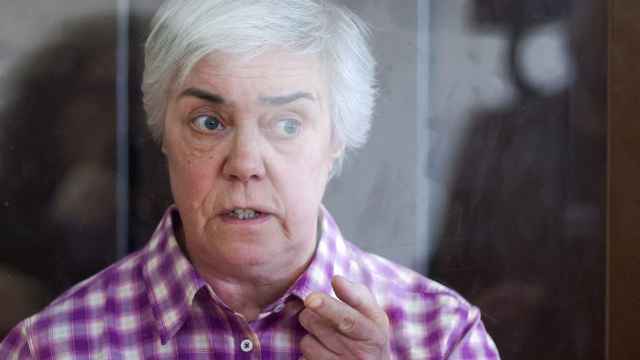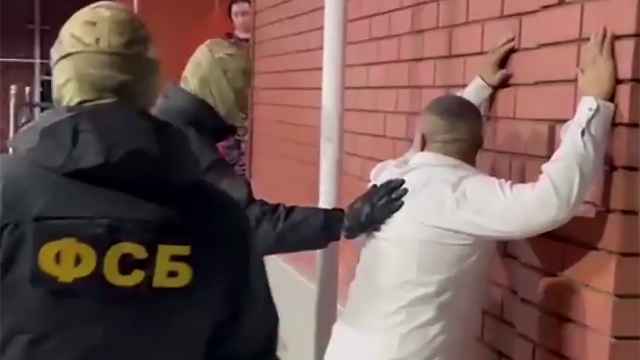A bill aimed at officially designating the imperial Russian flag a historical symbol has irked a number of deputies in the St. Petersburg legislative assembly, who say that the legislation is poorly crafted and potentially threatening to neighboring countries.
The black-yellow-and-white tricolor flag was first introduced by Tsar Alexander II in 1858, but has been widely adopted by nationalist movements since the end of the 20th century.
United Russia's Vitaly Milonov, who introduced the bill to the assembly, said that the flag needs “to be cleared of its negative extremist symbolism” in order “to allow football fans to quietly carry it without being accused of extremism,” Regnum news agency reported Wednesday.
“We are not talking about forbidding anyone from using this flag, but it should not be a simple piece of cloth that can be thrown in a puddle,” Milonov said, Fontanka.ru reported.
Members of the Yabloko and A Just Russia parties were quick to criticize the proposal.
A Just Russia's Alexei Kovalev said the bill was a prime example of unprofessional legislation, and one that would surely sour the reputation of the assembly.
“It was this flag that became a symbol of the most notorious nationalist organizations, analogous to those, which are now fighting on” Independence Square in Kiev, Kovalev said, “Under this flag people are killed, it has become a symbol of extremism. Why should we make a political gesture today and support this symbol of extremism?”
The assembly's speaker, Vyacheslav Makarov, himself a member of United Russia, repeatedly turned off the podium's microphone during Kovalev's speech.
Another A Just Russia lawmaker, Marina Shishkina, said that much of the bill's explanatory note had been taken from the flag's Wikipedia page. About two-thirds of the article had been used, conspicuously leaving out the final paragraph detailing the flag's contemporary popularity among fascist-leaning nationalist parties.
Yabloko's Alexander Kobrinsky said that granting historical status to the flag would send an unmistakable message to Russia's neighbors that it was rediscovering its imperial ambitions.
Milonov, who coauthored the city's anti-gay legislation, refuted the suggestion and said Kobrinsky feared the revival of Russia as "a Great Power." "You want us to remain an uncrowned chicken,” Milonov said. At this point, Makarov once again shut off the podium's microphone, thereby ending the floor debate.
In the end, the draft legislation passed with 27 in favor, and 13 against. Deputies have three weeks to amend the bill before deliberating on the final version.
A Message from The Moscow Times:
Dear readers,
We are facing unprecedented challenges. Russia's Prosecutor General's Office has designated The Moscow Times as an "undesirable" organization, criminalizing our work and putting our staff at risk of prosecution. This follows our earlier unjust labeling as a "foreign agent."
These actions are direct attempts to silence independent journalism in Russia. The authorities claim our work "discredits the decisions of the Russian leadership." We see things differently: we strive to provide accurate, unbiased reporting on Russia.
We, the journalists of The Moscow Times, refuse to be silenced. But to continue our work, we need your help.
Your support, no matter how small, makes a world of difference. If you can, please support us monthly starting from just $2. It's quick to set up, and every contribution makes a significant impact.
By supporting The Moscow Times, you're defending open, independent journalism in the face of repression. Thank you for standing with us.
Remind me later.






